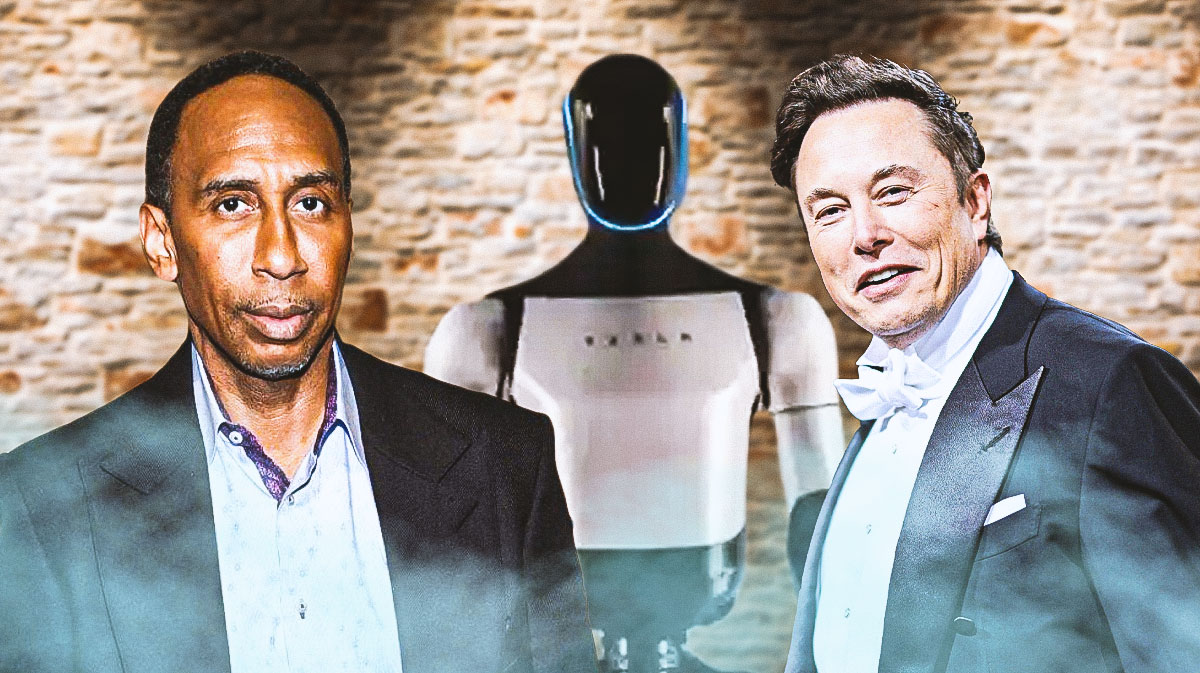Tesla's recent We, Robot event unveiled the latest iteration of its humanoid robot, Optimus, igniting a wave of excitement and anxiety among audiences. The resemblance between Optimus and Sonny, the protagonist from the 2004 film I, Robot, sparked immediate comparisons, especially given the event's title. As CEO Elon Musk embraces a sci-fi narrative, social media lit up with reactions, many including Stephen A. Smith pointing out the uncanny similarities, per Thespun. These conversations quickly escalated into discussions about the implications of advanced robotics and artificial intelligence in our everyday lives.
During the event, Optimus showcased its ability to engage in basic interactions, with one viral clip from user @cb_doge demonstrating a conversation between the robot and an attendee. When asked about the hardest part of being a robot, Optimus replied, “Trying to learn how to be as human as you guys? And that's something I try harder to do every day.” This kind of dialogue unnerved some viewers, further blurring the lines between human and machine. Social media chatter quickly turned to concerns, with one user ominously stating that I, Robot “is coming at us faster than we thought.”
Stephen A. Smith Expresses Concern
Among those expressing unease is ESPN commentator Stephen A. Smith, who voiced his apprehensions on his podcast. He reminisced about the movie's plot, where robots take drastic actions, saying, “Remember the robot that kept his grandma locked in the apartment? Remember those robots that invaded the police station and took all the officers down?” His tone reflected genuine concern, illustrating how the advancements in robotics echo the troubling narratives from science fiction.
https://t.co/pHaHERMKoM pic.twitter.com/AIyExmMZtA
— Stephen A Smith (@stephenasmith) October 11, 2024
Smith appreciates the potential of robotics, noting, “It reminds you of what the potential is out there for the world that's forthcoming.” Yet, he doesn't shy away from expressing his fear about artificial intelligence, admitting, “It scares the living heck out of me that we have to worry about artificial intelligence.” His apprehension resonates with many who grapple with the moral and ethical implications of creating machines that mimic human behavior.
The Promise and Peril of Optimus
Tesla describes Optimus as a “general-purpose, bi-pedal, humanoid robot capable of performing tasks that are unsafe, repetitive, or boring.” Musk touted its versatility, claiming it could handle a variety of chores, from walking dogs to babysitting children. This optimistic view of robotic integration into daily life may clash with the more cautious perspective offered by Smith and others who fear the consequences of such technology.
As society advances towards a future populated by intelligent machines, we can expect growing pains. Watching robots take over tasks traditionally performed by humans can provoke mixed feelings. While the promise of convenience and efficiency is alluring, the potential loss of control and autonomy raises questions that linger in our minds. Smith's concerns exemplify the broader societal hesitations about embracing a future where machines increasingly blend into our daily routines.
As we stand on the brink of this technological revolution, the conversations initiated by Tesla's unveiling of Optimus become crucial. Balancing enthusiasm for innovation with the cautionary tales of science fiction is essential as we navigate the complex landscape of artificial intelligence and robotics.



















